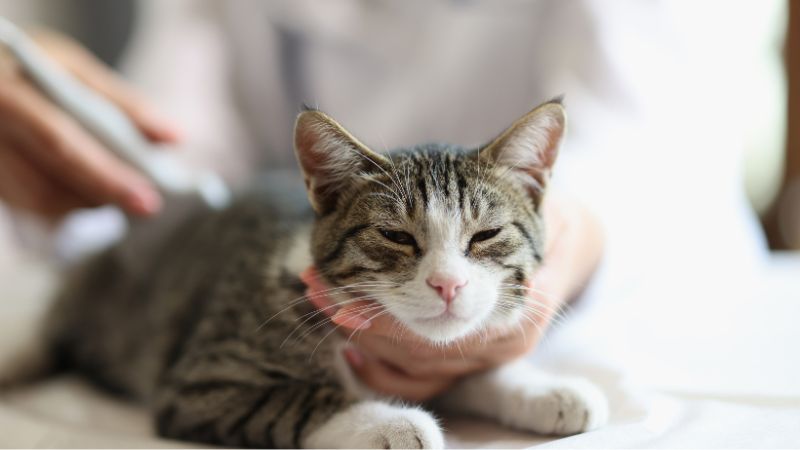Kidney failure in cats is a significant health concern that can affect felines of all ages. As a responsible cat owner, it’s important to recognize the signs of this condition early on. This article will help you understand the symptoms of kidney failure in cats, using simple language and real-life examples.
Understanding Kidney Function in Cats
The kidneys are vital organs that filter waste products from the blood, regulate blood pressure, and maintain hydration levels and electrolyte balance. When the kidneys fail, they can no longer perform these essential functions effectively.
Early Signs of Kidney Failure
Recognizing the early signs of kidney failure can lead to quicker treatment, potentially extending your cat’s life. Here are some symptoms to watch for:
1. Changes in Water Consumption
Cats with kidney problems might drink more water than usual. However, in contrast, a young cat or a kitten won't drink water as much if they are experiencing kidney issues, mainly because they do not recognize the need to increase their water intake.
2. Changes in Urination
Increased urination often accompanies increased thirst. You may notice your cat using the litter box more frequently or having accidents outside the litter box.
3. Weight Loss
Unexplained weight loss, even if your cat is eating normally, can be a sign of kidney failure. This is due to the loss of vital nutrients through the urine.
4. Lethargy
Cats with kidney problems may become less active or show signs of weakness and fatigue.
Advanced Signs of Kidney Failure
As kidney failure progresses, more serious symptoms can develop:
1. Decreased Appetite and Vomiting
A buildup of toxins in the blood can lead to a loss of appetite, nausea, and vomiting.
2. Bad Breath
A chemical odor in your cat’s breath, often described as smelling like ammonia, can be a sign of kidney failure. This is due to the buildup of waste products in the bloodstream.
3. Oral Ulcers
Ulcers in the mouth can develop, which are painful and may cause difficulties in eating.
4. Dull or Unkempt Fur
A cat’s coat can become dull and lack its usual luster due to the ill effects of kidney disease.
Causes of Kidney Failure in Cats
Kidney failure can be caused by a variety of factors, including:
Age: Older cats are more prone to kidney failure.
Infection or Disease: Certain diseases and infections can damage the kidneys.
Toxins: Exposure to toxins, including certain medications, can harm kidney function.
Genetic Factors: Some breeds are genetically predisposed to kidney problems.
Diagnosing Kidney Failure
If you suspect your cat is showing signs of kidney failure, a veterinarian can conduct tests to confirm the diagnosis. These tests might include blood tests, urine analysis, and ultrasound.
Treatment and Management
While kidney failure is a serious condition, there are ways to manage it:
1. Dietary Changes
A special diet low in protein and phosphorus can help manage kidney disease.
2. Hydration
Ensuring your cat has access to fresh water at all times is crucial. If a kitten won't drink water, consider using a water fountain or adding water to their food to encourage hydration.
3. Medication
Various medications can help manage symptoms and slow the progression of the disease.
4. Regular Veterinary Care
Regular check-ups with your vet are important to monitor the condition and adjust treatment as needed.
Conclusion
Kidney failure in cats is a serious condition, but early detection and proper management can make a significant difference in your cat’s quality of life. Pay attention to changes in behavior, such as increased thirst or a case where a kitten won't drink water, as these can be early indicators of kidney issues. Regular veterinary visits and attentive care at home are key to managing kidney failure. By understanding the signs and knowing how to respond, you can help ensure your feline friend lives a longer, healthier life.

